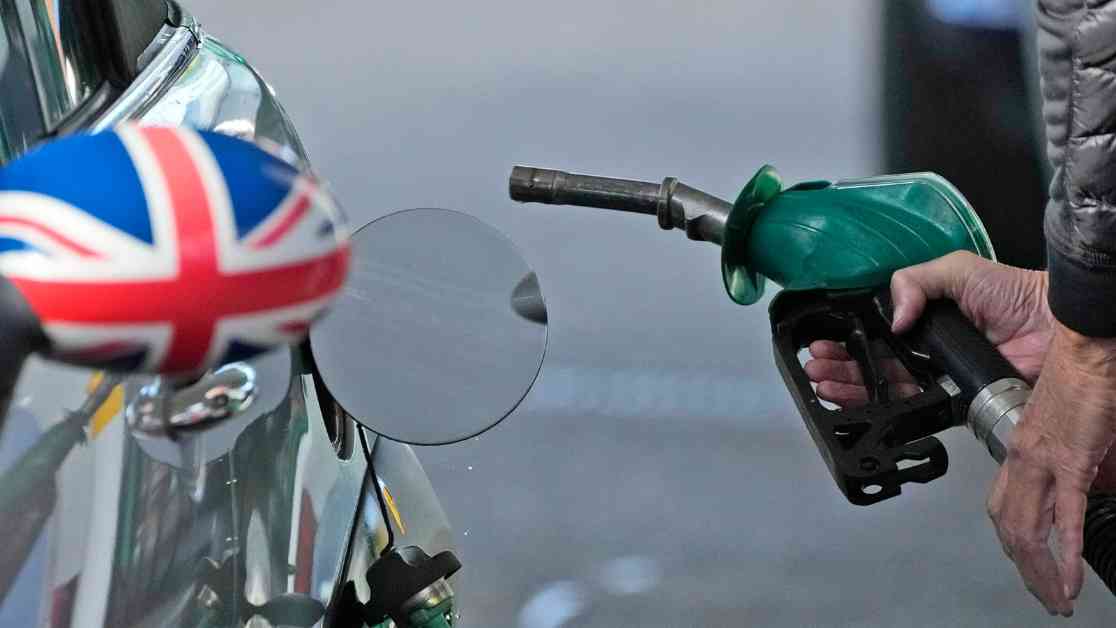In her first budget, Chancellor Rachel Reeves has announced that fuel duty will remain frozen for another year. This decision was made to avoid increasing the tax, which the chancellor believes would negatively impact working people. The current headline rate on standard petrol and diesel stands at 52.95p per litre, including a temporary 5p cut introduced by the previous government, which will also remain in place.
While this freeze may be a relief for many drivers who won’t see an increase in tax at the petrol pump, it has sparked criticism from environmental campaigners. Steve Gooding, the director of the RAC Foundation, mentioned that the chancellor still receives a significant portion of revenue from fuel duty and VAT, despite the freeze benefiting drivers.
Caroline Lucas, the former leader of the Green Party, expressed her disappointment with the decision to maintain the freeze while increasing the nationwide bus fare cap by 50%. She questioned the government’s commitment to promoting public transport and green initiatives, highlighting the disparity in costs between freezing fuel duty and capping bus fares.
Hirra Khan Adeogun, the co-director of climate charity Possible, also criticized the decision, stating that keeping the freeze for 15 years while public transport costs continue to rise is unsustainable. Adeogun emphasized the need to prioritize environmentally friendly modes of transportation by making them more affordable and convenient for the public.
The chancellor’s budget decision to freeze fuel duty has both supporters and critics. While it may provide short-term relief for drivers, concerns about the long-term environmental impact and the promotion of sustainable transportation options remain prevalent. As discussions around climate change and green initiatives continue to gain traction, the balance between economic considerations and environmental concerns will be crucial in shaping future policies.




